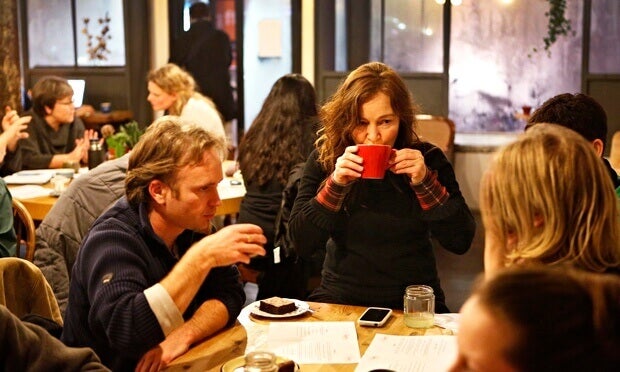Death has been a taboo issue in many societies and repeatedly; but without having to go very far, the same is true in society and in the times we live today, at the same time, the subject of death is addressed very differently when you look away or closely, when it comes to reality or fiction. .
How many die in every Hollywood movie? In many of these films and in many series several people die and perhaps the protagonist even boasts about it, however, if you are going through a period of mourning or if you want to talk about death in real life, most of the answers are deep silences.
- Recently a comment from an Argentine psychiatrist on this subject appeared in a virtual forum.
- Who said that more and more people were coming to his office who could not cope with the death of a loved one.
- Previously.
- These situations were welcomed in the family environment or in the environment in which the individual lives.
- Now in many more people need to go to the doctor to find someone to listen to when they want to talk about their loss.
“He sleeps with the thought of death and rises up with the thought that life is short. “- In saying-
As disconcerting as it may seem, there seems to be no place or willingness to talk about something as real as death, many people are doomed to live their pain in solitude, if they start talking about it they hear that they should not think about O is looking for a way to distract the person to help them overcome the pain.
Although we live with death on a daily basis, the subject has become strange, as if it were a cursed page of our book of life, a page that does not need to be read or browsed as quickly as possible. It gives the impression that it was an absurd and strange surprise. And also for that, we have few tools to adequately treat permanent loss pain. It was all this that motivated the inauguration of the so-called “coffees of death”.
It all started with an idea from sociologist Bernard Crettaz. This academic was a professor at the University of Geneva in 1989. Organize an exhibition titled “Deadly Relief”. The response has been very positive. The main conclusion he drawed from this event was that many young people wanted to talk about death, but they could not.
Then, later, in 2004, Crettaz held a first meeting he called “Café Mortal”. The goal was precisely to provide a space to talk about death. 250 people attended. They enjoyed a welcome snack and then chatting for more than two hours on the subject, then there was an exchange of ideas, the only rules were to speak honestly and respect the opinions of others.
The idea proved so interesting and successful that it immediately spread to other places. The “coffees of death” began to appear in different parts of the world. Currently, there are 4403 in total and are present in 48 countries on all continents.
Many people think that talking about death brings unnecessary anxieties to life. This argument, rather than presenting a real motive, actually expresses fear and anguish. Far from dealing with it, he proposes to hide it under the carpet. Nothing more real in life than death, nothing more inevitable either. All human beings will go through this trance and we will see their loved ones enter this darkness.
Talking about death can generate some anxiety at first, because it is the subject with words and because it is a terrain that we are not used to exploring, but if we open our minds to the subject and offer resistance to fear, it will become natural in time. For those who have a disease or live with someone sick, directly addressing the problem is a balm, it helps to feed serenity and strength in relation to the fact.
For those who are healthy and see death as distant, this kind of conversation also makes many contributions. The first, the taboo part of the topic. Learn to accept the idea of death without too much fear, this becomes a very valuable tool when the life itself or that of a loved one reaches its final stage. Talk about her, instead of causing pain, avoid her. It also gives greater value, and meaning of life itself.
Emma Kenny, a renowned British psychologist, says something about this subject that may serve as a conclusion: “We spend a lot of time walking away from death and thinking that this is something that only happens to others. One of the hardest things for us. “people is recognizing the vulnerability of life. The paradox is that this vulnerability is a rewarding perspective that allows us to see much of the beauty that life itself contains. As we move away from death, we get lost.

